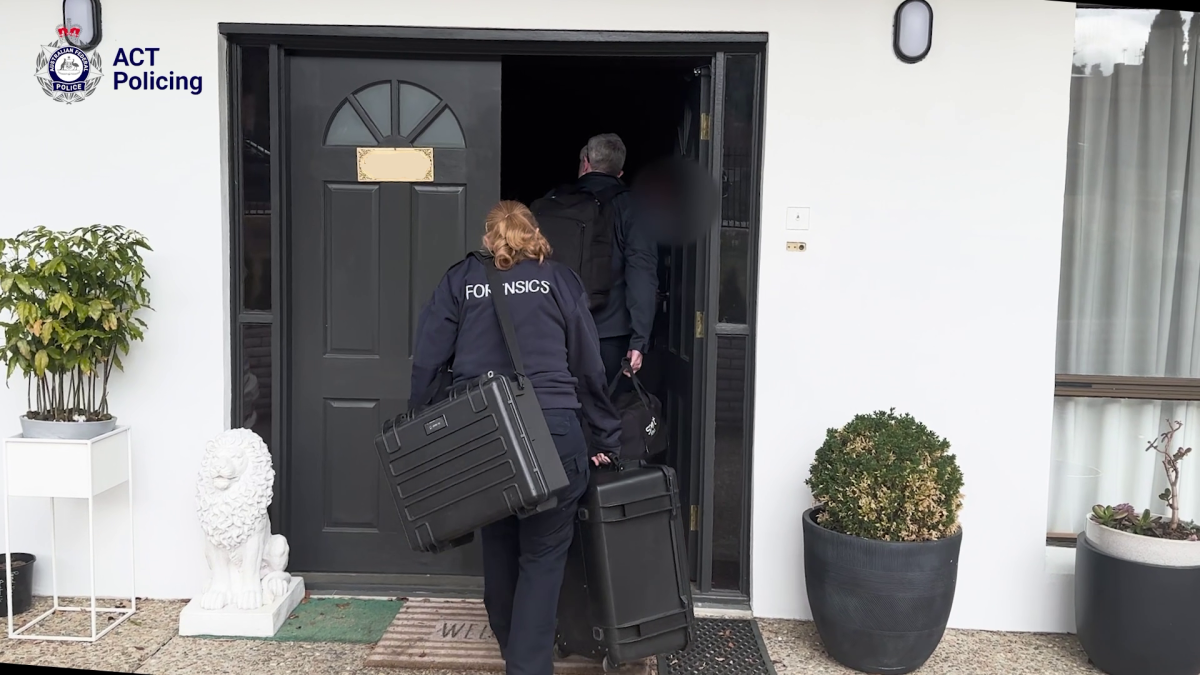
Police officers searched an O’Malley home and Majura Park business as part of their investigation into alleged human trafficking and slavery. Photo: ACT Policing.
Police are assisting a woman after reporting she’s an alleged victim of human trafficking and slavery.
ACT Policing received information in June that the woman had been trafficked from Colombia to a Canberra home earlier this year.
Detective Inspector Stephanie Leonard said the woman had made some “truly troubling allegations” about the work she was expected to do, the money she was paid, and the restrictions on her movements.
These included that she had been forced to work from before 7 am to late each evening, having to cook, clean and care for children in the home.
It’s alleged she was also forced to work seven days a week and wasn’t permitted to leave the home without being escorted, provided with minimal food and paid “well below minimum wage provisions” in cash, was forced to work at a Majura Park business and wasn’t allowed to return home to Colombia.
“These all are obviously very troubling and investigations are ongoing,” Det Insp Leonard said.
On the back of the woman’s allegations, police officers executed search warrants at an O’Malley home and Majura Park business on Thursday (31 August).
Police did not disclose if any items had been seized from either premises.
Investigations into the allegations are continuing.
Anyone with information about this matter has been urged to contact Crime Stoppers on 1800 333 000, referencing Operation Paxton.
Police have urged everyone to be on the lookout for cases of human trafficking and slavery.
Signs that someone may be a victim of human trafficking include:
- The person appears reluctant to travel, and/or their movements appear to be controlled by another person
- The person does not have a passport or another form of identity, or the person can’t access them
- The person is subject to poor living or working conditions
- The person never or rarely leaves their house for non-work reasons
- The person has little or no money, or no access to their earnings
- The person has physical injuries which may have resulted from assault, harsh treatment or unsafe work practices
- The person is always in the presence of their employer or another person, who does not want or allow them to socialise with others.
The maximum penalty for trafficking in persons in Australia is 12 years’ imprisonment.
ACT Policing has specialist officers trained in investigating these matters, and you can report information online about human trafficking for the purposes of sexual and/or labour exploitation, organ harvesting, forced marriage and slavery, or call 131 AFP (131 237).
In an emergency, call Triple Zero (000).













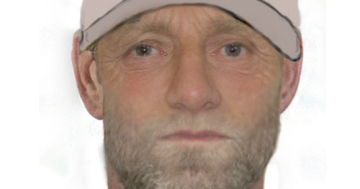
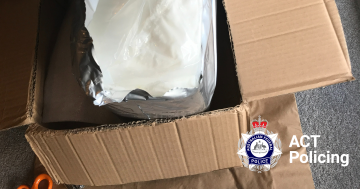
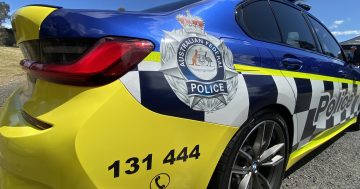
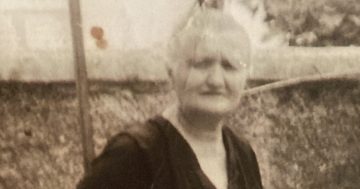
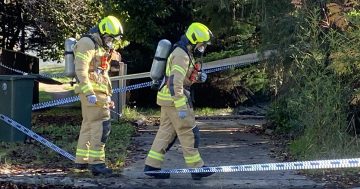

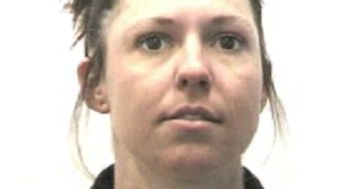


Yuri Shukost maybe we can get a rare earth deal with Ukraine in return for our funding View